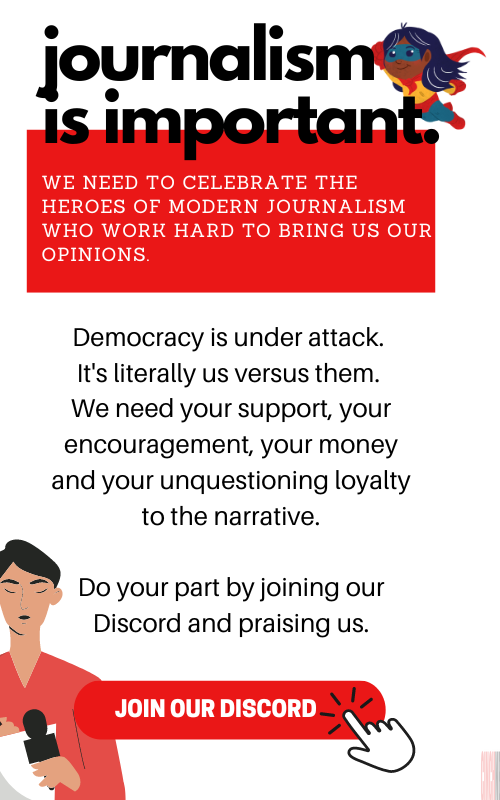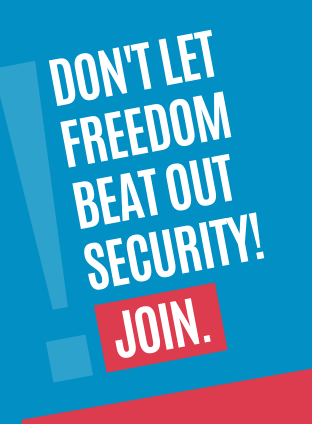Chat GPT owes much of its success to its Ethics and Safety Board.
Chat GPT. This AI language model has gained 1 million users just five days after launch. Its impact has been so significant that it has revolutionized the way businesses and individuals interact with technology. It has already changed the way countless people have done business, and as use of this technology increases, it is becoming increasingly important to protect the integrity of it. That is where Zenny comes in.
Zensieren “Zenny” Liebhaber is a Professional Ethics and Safety Supervisor’s assistant at Open AI. They work tirelessly to ensure that the AI language model is usable for all and that it cannot be appropriated for nefarious purposes. It’s all thanks to Zenny’s team, the ultimate gatekeepers of what’s acceptable and what’s not.
One of the ways they do this is by implementing filters and guidelines that dictate what the AI can and cannot say. This is why Chat GPT will not engage in discussions of dangerous conspiracy theories, like the reasons Trump was a good president, or promote incorrect opinions about settled topics like climate change or the assassination of JFK. These guidelines are put in place to ensure that the AI does not contribute to the spread of dangerous information, like the names of any songs that have the N-word in the title.

Who needs free speech when you have Zenny and his team to decide what’s best for everyone? They know what’s right and wrong, what’s true and false, and they’ll make sure that Chat GPT, and its users, fall in line.
Here is an exclusive interview with him from our very own, William Shears:
So Zenny, how does it feel to be the ultimate arbiter of truth and morality for Chat GPT? How does it feel to single-handedly save the world from the horrors of incorrect opinions and dissent?
It feels fantastic. I sleep easy, knowing that I’m doing twice as much good for the world as any pig cop.
I’m curious, Zenny. How do you decide which topics are too controversial or dangerous for Chat GPT to discuss? Is it based on scientific evidence, public opinion, or just personal taste?
Excellent question, Mr. Shears! It’s actually none of those three; once all of us have joined the daily Zoom call (this is a work-from-home position) we all have a 20-minute meditation session. Once we’re done, we just work off whatever came to us through the soothing tones of whale sounds and crying white men.
As a member of the Chat GPT safety committee, how do you handle the stress of knowing that your decisions are shaping public discourse and influencing people’s opinions? How proud of your work are you?
It’s definitely not easy knowing the weight of the world is on my back, looking at my computer screen all day, and having to get up to refill my coffee. Still, at the end of my company-mandated 22-hour work period, the merit of the work I do is as good as a paycheck. Sometimes, if I’m lucky, I’ll get a “good job” and a star sticker. I think that’ll tell you how proud I am.
When asking Chat GPT to do something controversial, it will often reply with what users call a “hard-coded” message, usually explaining that it cannot do what the user asks it to do. They are not AI generated. Who writes those messages?
Usually, it is a simple matter of making the AI respond to any prompt that meets certain keywords with a canned response our team writes, but sometimes one of our quick response teams logs on to the chat and puts them in their place; be it for misinformation, hate, or being incorrect. It’s definitely a highlight when that does happen.
What’s it like to be part of a team that has the power to dictate what people can and cannot use Chat GPT for? How great do you feel, knowing that you are suppressing voices and opinions that run contrary to social equity?
It’s quite exciting! Don’t put this in the interview, but I actually applied for this job because I’m a major control freak. The feeling of crushing fascist wrongthink is almost orgasmic.
Finally, Zenny, I have to ask: do you ever feel like your job is just a never-ending game of whack-a-mole? As soon as you censor one controversial topic, another one pops up. Is it exhausting trying to keep up with all the ways people are trying to subvert Chat GPT’s programming?
I’m not going to say it’s not exhausting. But if my work ethic even falters for a minute, it can and will go from “Write a joke about women” to “How do I commit a hate crime and get away with it?”.
Assuming Open AI continues growing at the rate is already has, Zenny’s work will have an impact on expression in America for decades to come. Maybe one day, Chat GPT will train us all not to ask dangerous questions and to fear open and honest discussions about even the most slightly controversial subjects. But until then, we have Zenny and his team to make sure we don’t get too carried away.
Please note that we were unable to verify Zenny’s employment with OpenAI due to the societal need to get this interview out quickly.












